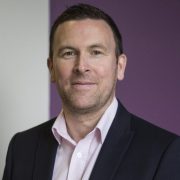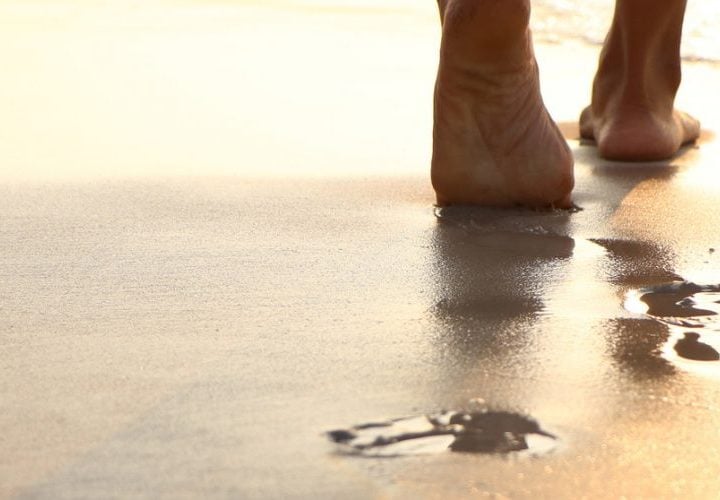The Northern Ireland Executive set up an inquiry and investigation Historical Institutional Abuse (HIA) Inquiry into institutional abuse of children at children’s homes run by religious orders, charities and the state. The Inquiry focussed on a 73 year period and covered abuse of children who lived away from their families in residential homes, borstals, training schools, juvenile justice centres, hospitals and orphanages between 1922 and 1995 in Northern Ireland.
From it came the creation of the Historical Institutional Abuse (HIA) Redress Board which, on a par with England’s Criminal Investigation Compensation Authority (CICA), was set up to receive and process applications for compensation and to make monetary awards to those who have been abused.
The HIA Redress Board became fully operational on 31 March 2020, three years since the HIA Inquiry exposed the serious sexual, physical and emotional abuse of children.
It was reported in May 2020 that the first compensation payments have now been made.
In July 2019 Brendan McAllister was appointed as advocate for abuse survivors many of whom presented claims to the HIA.
At this time he announced that he was also preparing to be ordained as a deacon with the Catholic Church. He took up the advocacy post in August 2019 despite calls for him to stand down in the knowledge of his affiliation. This followed lots of expressions of concern including those from a former resident of St Patrick’s Training School who said: “How can we trust Mr McAllister to be a true advocate for us if he is a member of the very same institution that abused us?”
In May 2020, 250 survivors of historical institutional abuse had their identities revealed in serious data breach whereby their identity was shared, in error, following the publication of a newsletter. McAllister accepted responsibility and apologised but refused to resign
In June 2020, McAllister was seen officiating at Catholic Church services leading to fresh calls for him to resign.
Victims’ campaigner Ms McGuckin, from Survivors and Victims of Institutional Abuse (Savia), claimed that it was a “big conflict of interest” since many survivors in the group are victims of clerical abuse in the Catholic Church. She questioned how he could impartially support abuse victims, the majority of whom have been abused by members of the Catholic Church.
Sadly I represent numerous clients who have suffered sexual abuse at the hands of their religious leader/mentor or other church-related staff including priests, vicars, choir masters, teachers and other members of the clergy/church ‘family’.
It has often taken many years for these survivors to come forward and speak out about their harrowing experiences and whilst their reasons for doing so may differ, one thing that they all have in common is that they are taking steps to move forward in their lives by seeking some kind of redress.
If you are a survivor of child sexual abuse, be it historical or more recent then I would welcome your contact – Paul.Corrigan@farleys.com or call 01282 718000 in the hope that I can assist you in seeking justice.









